Make a gift before the end of the year to drive research breakthroughs in 2026.
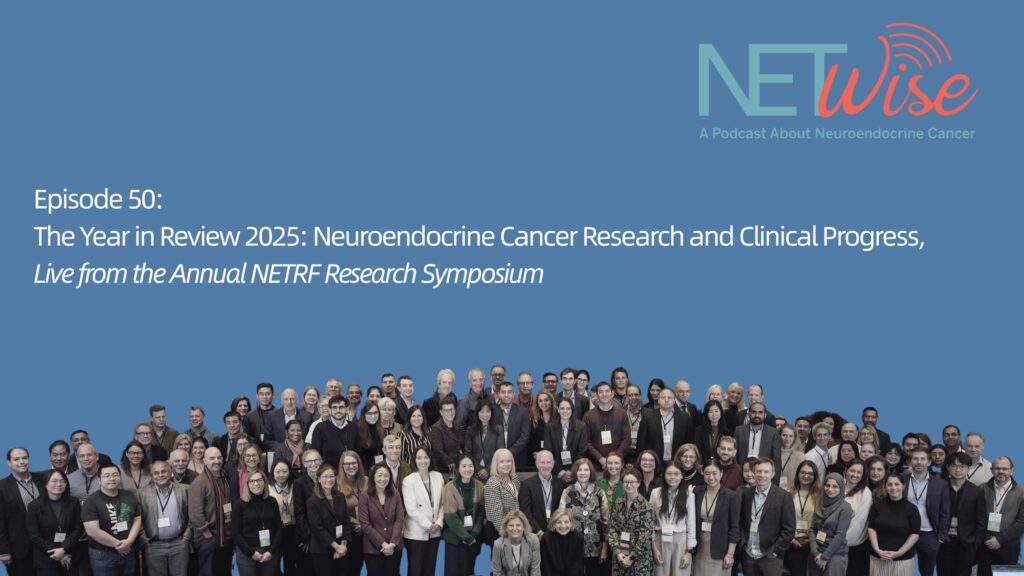
Research has been at the heart of NETRF’s mission for 20 years—and patients are the reason that work matters. Every study we fund is designed...
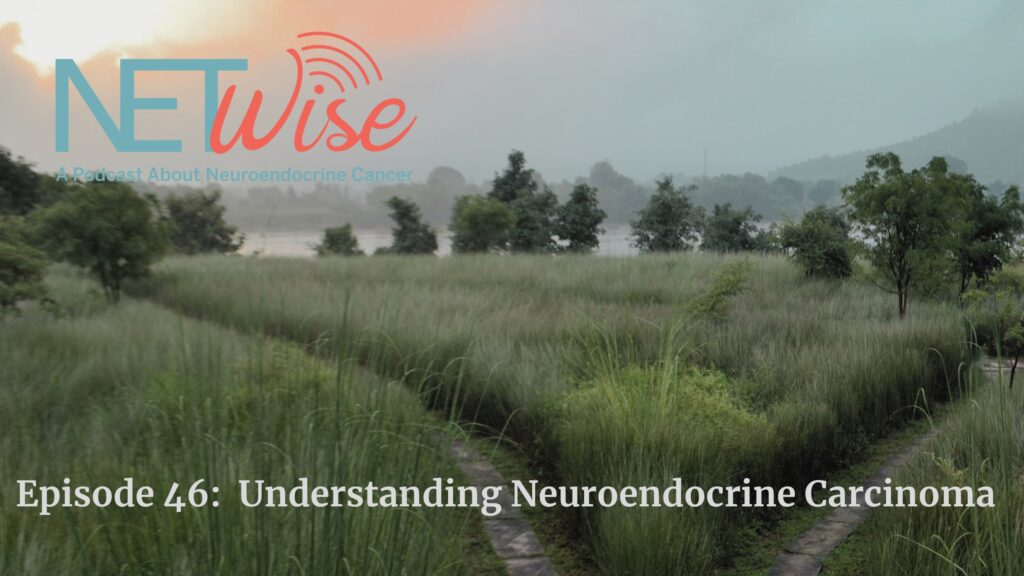
In this episode of NETWise, we’re diving into one of the more aggressive forms of neuroendocrine cancer: neuroendocrine carcinoma (NEC). While many neuroendocrine tumors are...

If you’re new to this show, welcome. You’re in the right place. Maybe you’ve been recently diagnosed, or maybe you’re a longtime patient. Maybe someone...
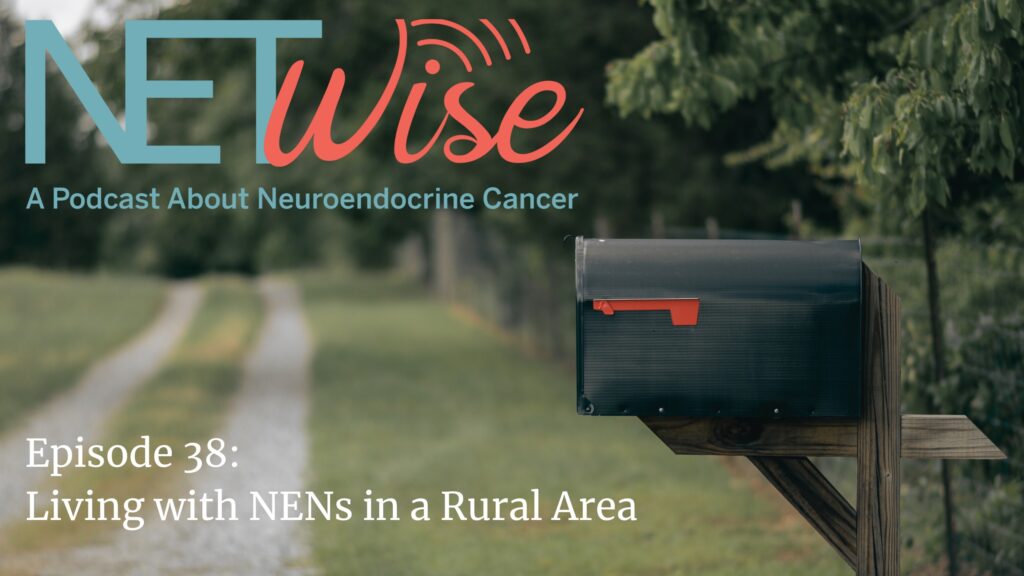
Whether or not a patient has access to care is one of the most important factors in how their cancer journey plays out. It is...
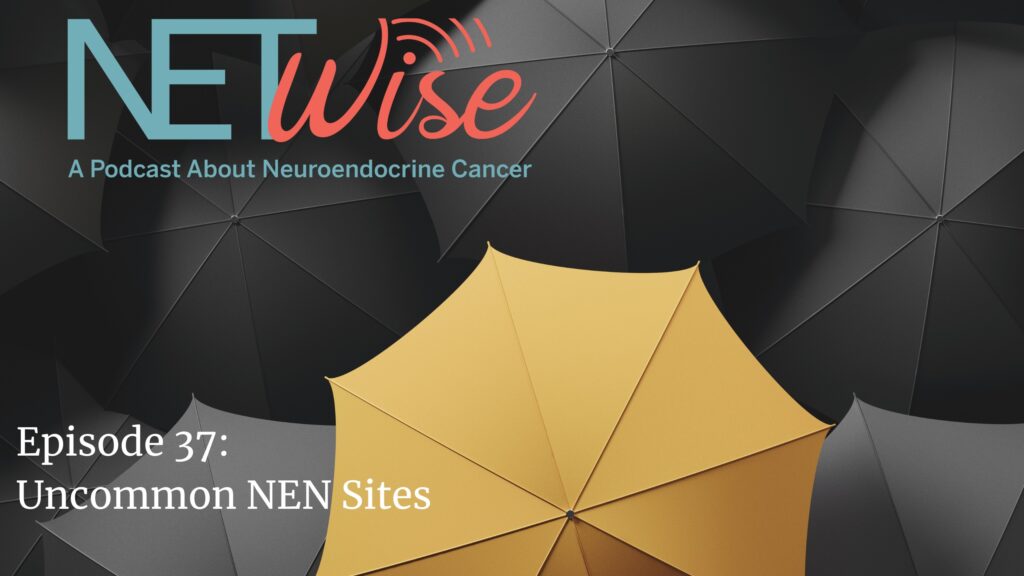
Neuroendocrine neoplasms (NENs) can arise in many locations throughout the body; they can grow rapidly; and they can occur under unique circumstances. In this episode...

If you’re new to this show, welcome. You’re in the right place. Maybe you’ve been recently diagnosed, or maybe you’re a longtime patient. Maybe someone...
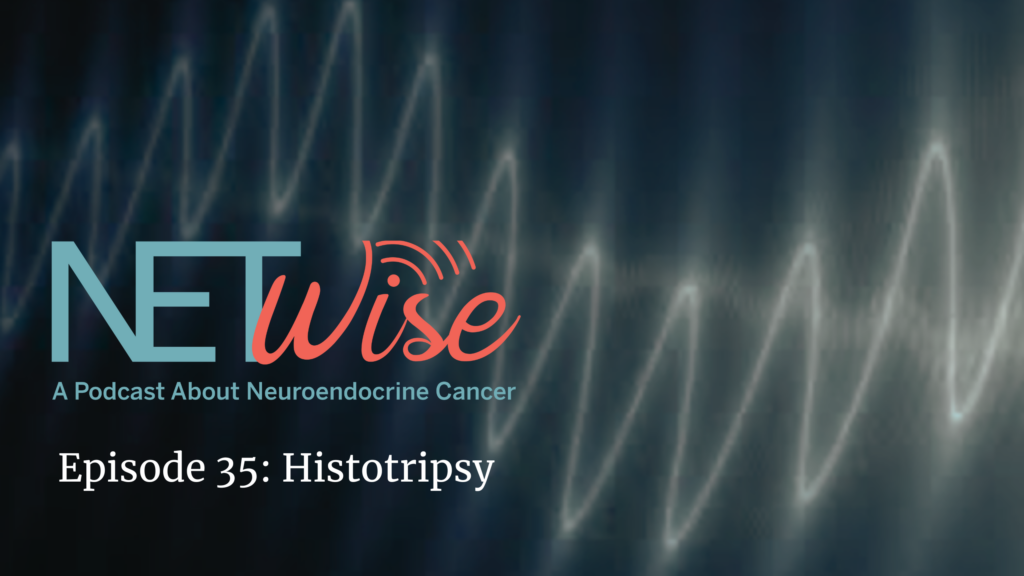
In the past few months, there’s been a lot of buzz in the NET community about histotripsy. This newly-approved procedure holds a lot of promise...

In this episode of NETWise, we talk about the experiences of young people living with NETs. This is an update to an episode that was...
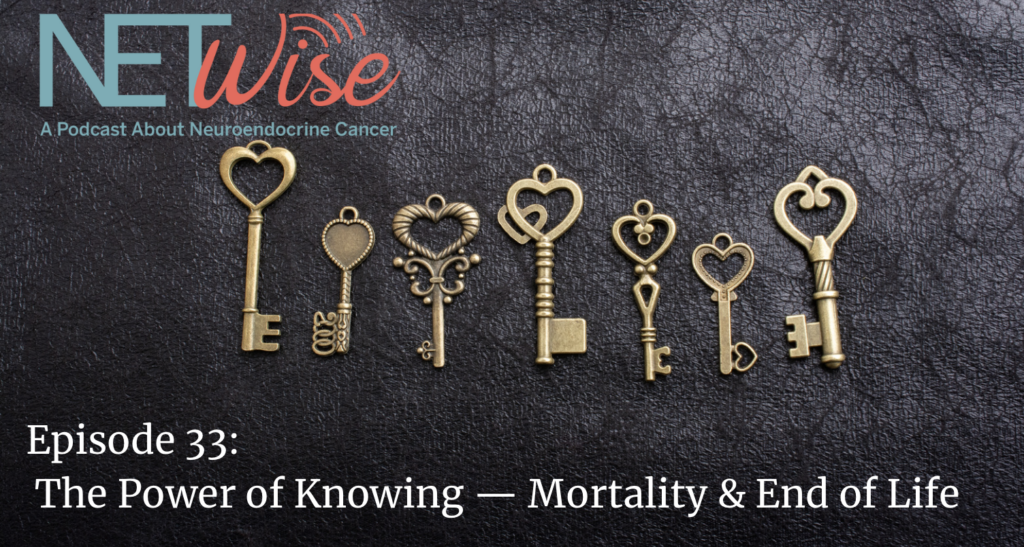
When one is diagnosed with an illness, like NETs, mortality can come to the forefront. Even if your NET journey presents a trajectory of being...

Whether or not a patient has access to care is one of the most important factors in how their cancer journey plays out. It is...

Neuroendocrine neoplasms (NENs) can arise in many locations throughout the body; they can grow rapidly; and they can occur under unique circumstances. In this episode...

If you’re new to this show, welcome. You’re in the right place. Maybe you’ve been recently diagnosed, or maybe you’re a longtime patient. Maybe someone...

In the past few months, there’s been a lot of buzz in the NET community about histotripsy. This newly-approved procedure holds a lot of promise...

In this episode of NETWise, we talk about the experiences of young people living with NETs. This is an update to an episode that was...

When one is diagnosed with an illness, like NETs, mortality can come to the forefront. Even if your NET journey presents a trajectory of being...
Register for podcast notifications by email.
Medical Disclaimer: This podcast is not intended as and shall not be relied upon as medical advice. The Neuroendocrine Tumor Research Foundation encourages all users to discuss any information found here with their oncologist, physician, and/or appropriate qualified health professional. Listening to this podcast does not constitute a patient-physician relationship. The Neuroendocrine Tumor Research Foundation does not represent that any information provided here should supplant the reasoned, informed advice of a patient’s oncologist, physician, or appropriate qualified health professional.